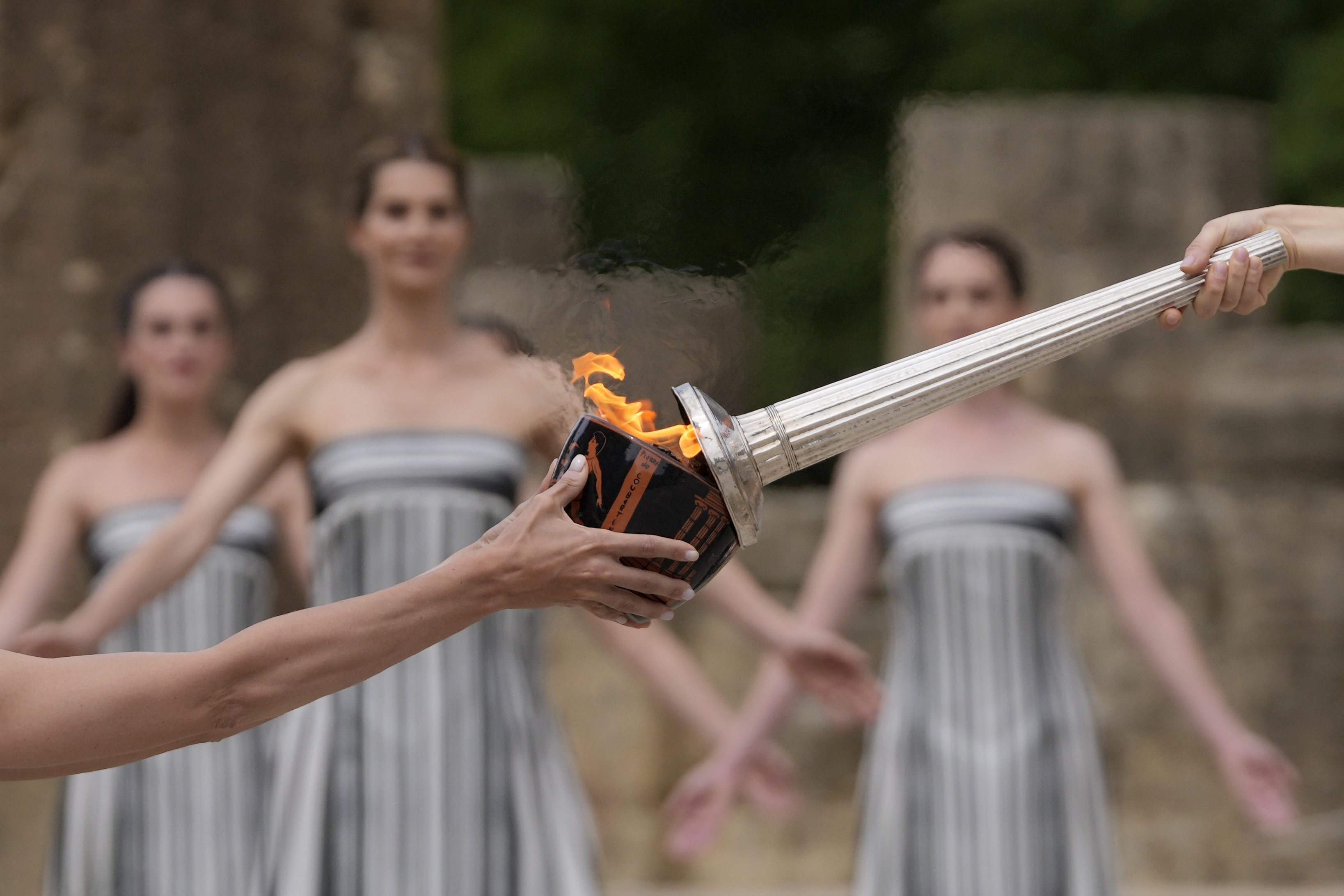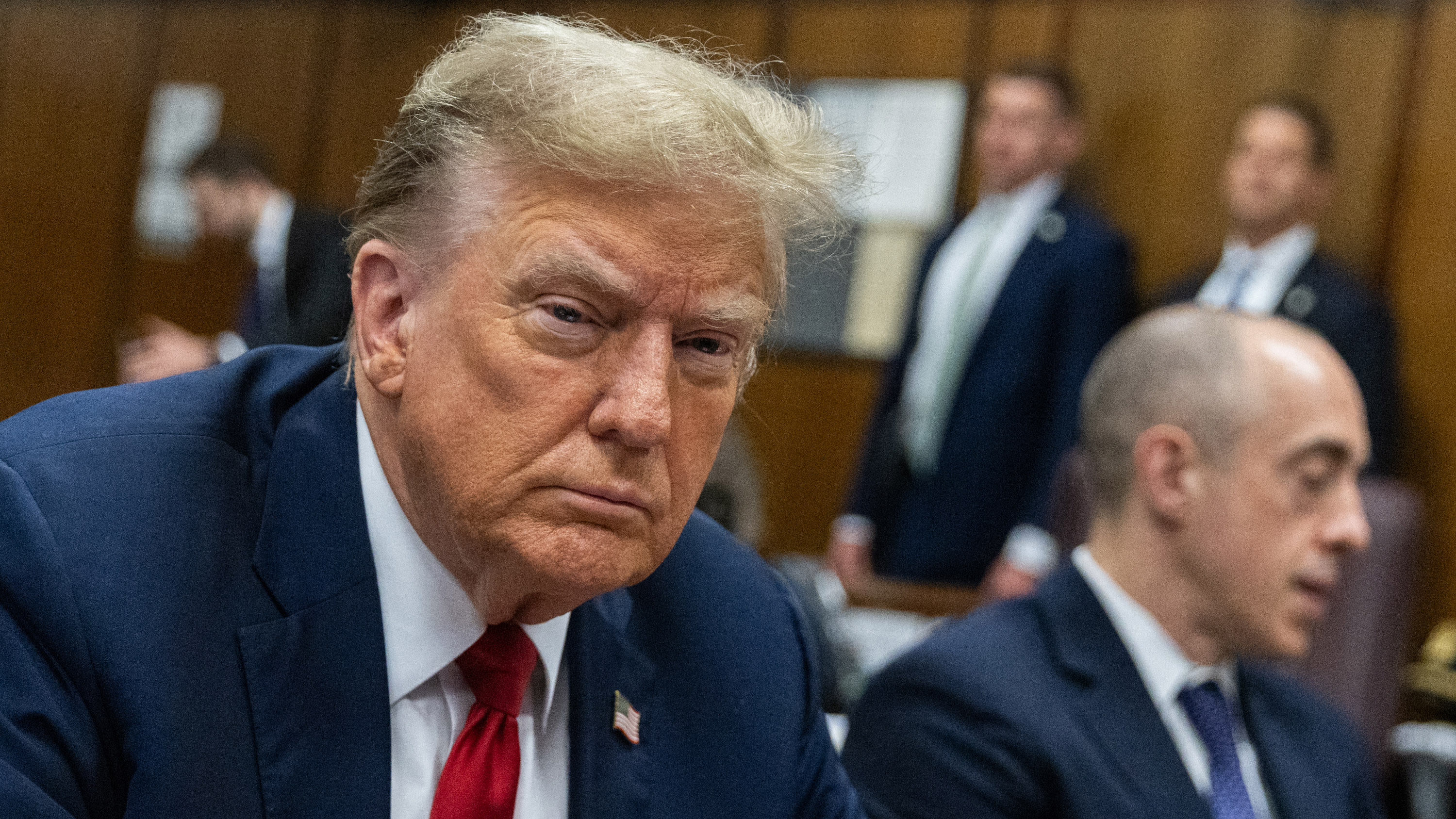Just how exclusive might be gleaned in Obama's resistance to doing something that his liberal base so very clearly wants -- investigating whether the Bush administration's policies in the war on terror
violated either the U.S. Constitution or international law:
As a candidate, Mr. Obama broadly condemned some counter-terrorism tactics of the Bush administration and its claim that the measures were justified under executive powers. But his administration will face competing demands: pressure from liberals who want wide-ranging criminal investigations, and the need to establish trust among the country’s intelligence agencies. At the Central Intelligence Agency, in particular, many officers flatly oppose any further review and may protest the prospect of a broad inquiry into their past conduct.
In the clearest indication so far of his thinking on the issue, Mr. Obama said on the ABC News program “This Week With George Stephanopoulos” that there should be prosecutions if “somebody has blatantly broken the law” but that his legal team was still evaluating interrogation and detention issues and would examine “past practices.”
Mr. Obama added that he also had “a belief that we need to look forward as opposed to looking backwards.”
Furthermore, Obama selected as his primary White House aide on
counter-terrorism John Brennan, the 25-year
CIA veteran who liberal blogs got to stand down for consideration as CIA director -- because of his alleged role in formulating torture policy.
All of this quite interesting given how, last summer,
when Obama ended up voting for a domestic wiretap bill that he had previously denounced, it was perceived as being for basic political reasons: He didn't want the issue used against him in the general election campaign.
Yet, this willingness to let sleeping dogs lie on broader issues of eavesdropping and the treatment of terror suspects suggests either he more strongly supports the policies of his predecessor than he wants to admit -- or he's less inclined to second-guess those decisions now that he's about to occupy the same office.
Now, Gerald Ford chose to pardon
Richard Nixon -- a decision that many saw ended up costing Ford the election against Carter. Most historians, however, see that as being the right decision: It would have put the country through a trial of a chief executive that would not necessarily have served a much greater purpose.
Obama might be thinking the same thing with respect to Bush administration officials.
And, in fact, it's a far more complicated situation this time around: By the time of Nixon's pardon, there had already been months of Watergate hearings -- with several individuals prosecuted and convicted for various crimes. Wrongdoing had already been exposed.
Whether Bush critics want to admit it or not, there is far greater ambiguity over the question of criminal culpability with respect to administration decisions. There is similar ambiguity on
how much members of Congress knew and approved with respect to various interrogation techniques.



